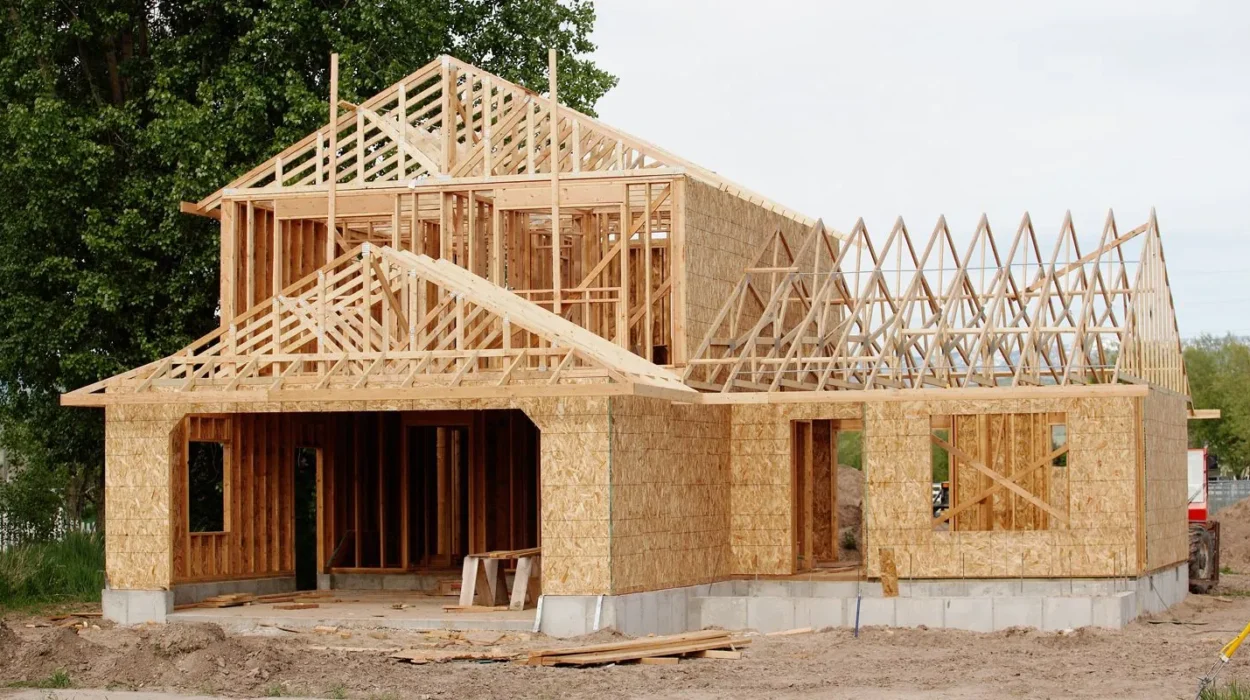In today’s competitive market, real estate SEO is only one part of the digital puzzle. Realtors who want to dominate their local market need a multi-channel digital marketing strategy that positions them as the go-to expert in their area. Whether you’re a solo agent, part of a brokerage, or running your own real estate brand, this guide walks you through a full-stack approach to digital marketing that generates leads, builds trust, and fuels long-term success.
Let’s break it down step by step.
1. Start with Your Online Foundation: The Website
Your website is your digital headquarters — it’s where potential clients learn about you, browse listings, and decide if you’re the right agent for them. To be effective, your website needs to be:
-
Fast-loading and mobile-friendly
-
Optimized for seo for real estate agents
-
Built with clean site architecture and internal linking
-
Integrated with IDX for live property listings
-
Set up with analytics tools (Google Analytics, Search Console)
If your site doesn’t tick these boxes, your competitors are likely scooping up the traffic (and leads) you’re missing out on.
2. Dominate Local Google Searches
A well-optimized Google Business Profile is essential for showing up in the coveted local map pack. Make sure your profile is:
-
Verified and complete (photos, services, hours, etc.)
-
Updated weekly with new posts or promotions
-
Receiving and responding to reviews
-
Using target keywords in the business description (e.g., local SEO for real estate agents)
Pair this with location-focused landing pages and neighborhood guides to increase your odds of ranking organically and locally.
3. Become a Content Powerhouse
Content is the fuel that drives traffic to your website and builds authority. Blog posts, videos, guides, and even market reports help position you as a knowledgeable expert.
Top-performing content ideas for realtors:
-
“Top 5 Neighborhoods for Families in [City]”
-
“Housing Market Trends in [Zip Code]”
-
“Ultimate Guide to Buying Your First Home in [Location]”
-
Virtual home tour walkthroughs
-
Success stories and client testimonials
Don’t forget to incorporate best SEO keywords for real estate, like “buying a home in [area],” “real estate agent in [location],” or “homes near [landmark].”
4. Email Marketing: Still King
Email remains one of the highest-converting channels in real estate. Segment your list into:
-
New leads
-
Active buyers
-
Sellers
-
Past clients
-
Investors
Then build automated email sequences for each segment with content tailored to their needs. This builds trust, nurtures relationships, and ensures you stay top-of-mind without sounding pushy.
5. Be Present on Social Media — With Purpose
Your audience is on social media — but are you showing up strategically?
-
Instagram: Highlight listings, behind-the-scenes, open houses
-
Facebook: Run events, boost listings, go live at showings
-
LinkedIn: Share market reports and investor-focused content
-
YouTube: Post home tours, agent tips, and neighborhood guides
-
TikTok: Short-form trends, tips, and mini virtual tours
Use hashtags, geo-tags, and link back to your site to increase reach and traffic.
6. Run Paid Ads That Actually Convert
While organic traffic is gold, paid ads help you scale faster — if done right. Here’s what’s working for top-performing agents:
-
Google Ads for “homes for sale in [location]”
-
Facebook Ads retargeting your website visitors
-
Lead form ads with property lists or buyer guides
-
Instagram story ads to promote open houses
If your ads lead to a generic homepage, you’re losing money. Send traffic to highly targeted landing pages optimized for conversions and infused with real estate website SEO best practices.
7. Build Online Authority with Backlinks
Search engines value authority. Getting backlinks from high-authority websites (like local blogs, directories, or real estate publications) boosts your site’s trust and rankings.
Quick wins:
-
Submit to real estate SEO company directories
-
Pitch guest posts to local or industry blogs
-
Get featured on podcasts or media outlets
-
Use HARO (Help A Reporter Out) to get PR links
The more quality links you earn, the easier it becomes to rank for competitive terms.
8. Use Retargeting and Automation to Stay Top-of-Mind
Most visitors won’t convert on their first visit. But if you install tracking pixels (Facebook, Google), you can retarget them with ads as they continue browsing the web.
Combine this with CRM automation to:
-
Send follow-up texts and emails
-
Remind them of listings they viewed
-
Offer tailored resources (e.g., “Buyers Guide for [City]”)
This keeps you in front of them until they’re ready to reach out.
9. Video Marketing: Your Secret Weapon
Video gets more engagement and builds trust faster than text alone. Even short videos of:
-
“Why [City] is Great for First-Time Buyers”
-
“3 Mistakes to Avoid When Selling Your Home”
-
“Virtual Tour: 123 Main Street, [City]”
…can outperform blog posts and even paid ads.
Upload to YouTube, embed on your site, and share across social channels. Don’t forget to optimize titles and descriptions with seo real estate keywords.
Final Thoughts
Digital marketing is no longer optional — it’s how modern realtors stay visible, relevant, and profitable. From optimizing your website and content to leveraging social media and email, there are countless ways to reach your audience online.
But to bring it all together effectively, you need the support of a dedicated real estate SEO services team — one that understands the fast-moving world of real estate and knows how to execute across platforms.
Ready to turn your digital presence into your #1 lead source? Let’s make it happen.

